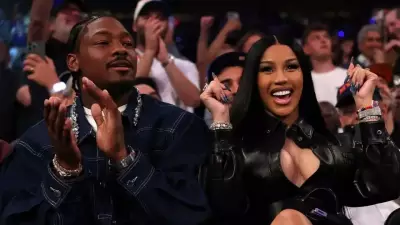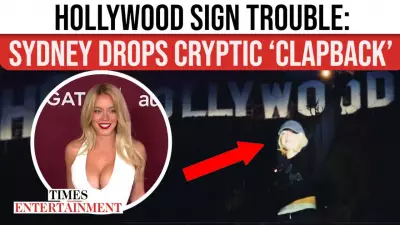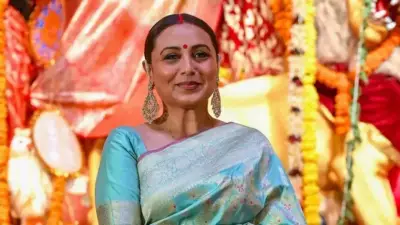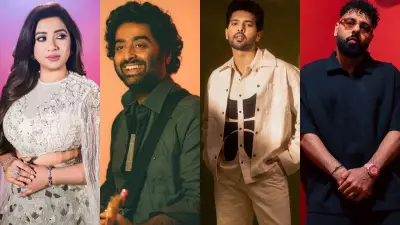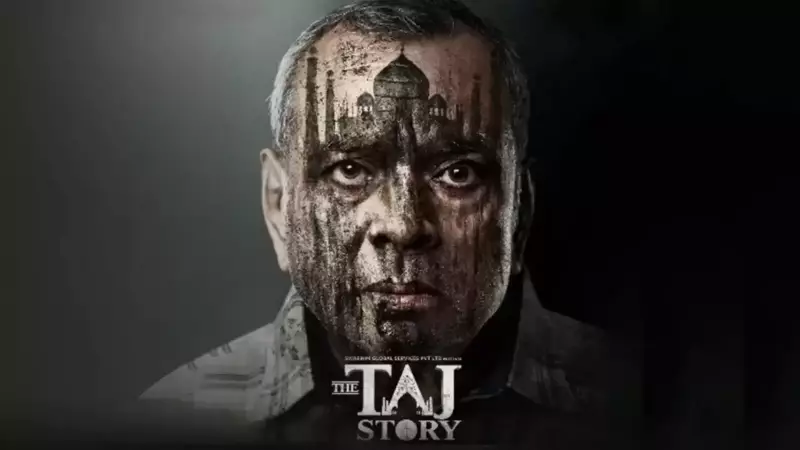
In a significant development that has caught the attention of both political and entertainment circles, the Delhi High Court has declined to grant an urgent hearing to a petition filed by a Bharatiya Janata Party (BJP) leader. The legal plea seeks an immediate ban on the upcoming film 'The Taj Story' over allegations of unauthorized use of content.
Court's Stance on Urgent Hearing
The Delhi High Court, while acknowledging the petition, made it clear that the matter did not qualify for urgent listing. The court emphasized that standard procedures would be followed, dealing a temporary setback to the BJP leader's attempts to halt the film's release through legal intervention.
The Core Controversy
At the heart of the legal battle lies the petitioner's claim that 'The Taj Story' has incorporated content without proper authorization. The BJP leader's legal team argued that the film includes material that requires explicit permission, which they allege hasn't been obtained through legitimate channels.
Political Meets Entertainment
This case represents another instance where political figures are taking legal routes to influence entertainment content. The petition highlights the growing trend of political involvement in cinematic releases, raising questions about creative freedom and legal boundaries in the Indian film industry.
Industry Implications
The outcome of this legal battle could set important precedents for how similar cases are handled in the future. Film industry experts are closely watching the developments, as the decision might influence how production houses approach content clearance and legal permissions.
What's Next?
While the urgent hearing has been denied, the petition remains active in the court system. The matter is expected to be heard through regular channels, meaning both the filmmakers and the petitioner must prepare for a potentially prolonged legal process.
The film industry and legal observers await further developments in this case that sits at the intersection of entertainment law, political influence, and creative expression in contemporary India.

